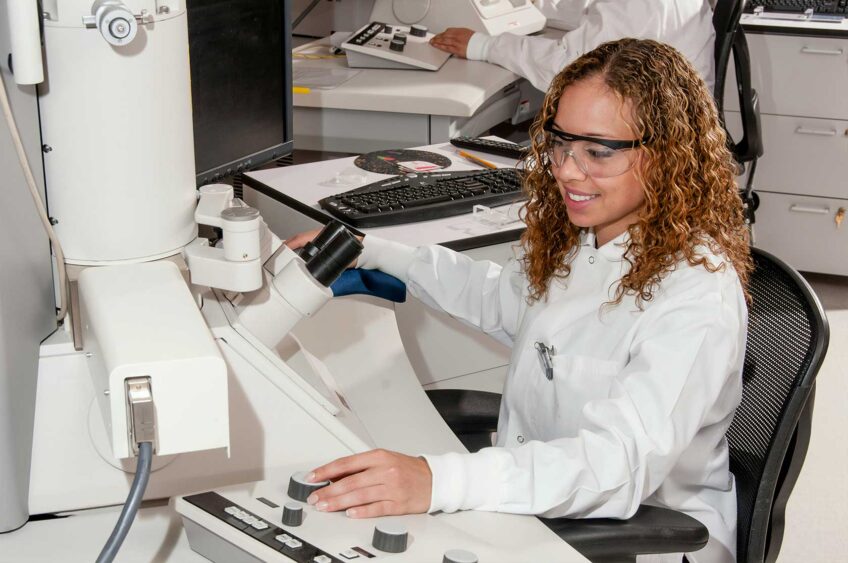
Whenever Guinea native Oumou Cherif isn’t focusing on academics or volunteering at immigration rights organizations, she is working to support African youth in their pursuit of education in Guinea. But now she’s targeting an issue that has posed a significant risk to the youth that she serves — the Ebola virus.
Cherif, 22, is the CEO and executive director of Children Education Alliance, a Massachusetts-based nonprofit organization that assists disadvantaged African children in their pursuit of an education by providing financial support towards school supplies. Founded in 2012, CEA provides assistance to thousands of primary school students in Kindia, Guinea, which is north east of the capital Conakry.
This year, when the Ebola outbreak scattered about the countries of Sierra Leone, Liberia, Nigeria and her home country, Cherif decided to switch gears and focus on what she needed to do to help her community back home.
“I migrated to the United States in 2003 at the age of 11 in pursuit of a quality education, and now with this epidemic plaguing my country, I want to apply my education to the work that I do in Guinea,” she said.
This summer, Children Education Alliance successfully completed its one-day health awareness program as part of a plan to educate preventative measures against the Ebola virus in rural communities.
In conjunction with local hospital staff and the on-site team members, CEA volunteers traveled north of Conakry to the town of Dubréka to provide the community with sanitary supplies such as chlorine, water, and disinfectant.
“We were able to serve the whole community,” Cherif said. “We taught them the different signs and symptoms of the virus, how it is transmitted and preventative measures like how to properly use the sanitary supplies given.”
The Ebola virus, which is a viral hemorrhagic fever disease, has claimed the lives of more than 1,400 people in all four countries according to the World Health Organization. The Guinea Ministry of Health announced 607 suspected and confirmed cases of the Ebola virus, and a total of 406 deaths in Guinea alone.
Before organizing the awareness program, the organization did not hear any reports of families affected by the virus, but when the team left Dubréka they received news of someone who had soon been affected.
“It saddens me that a member of the community was affected, but we’ve spoke to community leaders in the villages, and so far the community continues to follow the prevention steps that our team provided,” Cherif said.
The students sponsored under CEA have not been affected by the outbreak, however the volunteers on-site communicate with its US partners to strategize ways of tackling issues affecting the educational system in the country.
“Tackling the issue of education in Guinea is a tough job, and we start at the root…our children. Throughout the academic year, we distribute school supplies, while the schools keep us informed about their progress,” she said.
Though CEA’s mission focuses mainly on African youth achieving high quality education, she says personal health is key to educational success.
“If we don’t make health a priority than our mission as an organization serves no purpose. Education especially in these rural areas is what they will need to live better quality lives and better quality lives begins with a healthy living,” said Cherif.
On September 27th, CEA plans to host their third annual Back to School Gala in Boston in hopes of raising proceeds to implement upcoming projects for primary schools in her hometown of Kindia, Guinea.
As a young social entrepreneur, Cherif says she has set out to exceed much of her goals since settling in the United States, and she has no intention on stopping yet.
“Being a social entrepreneur means being a risk-taker. You will not always get things right, but you will go for it anyway, simply because that’s what your heart tells you to do. I want to leave this world knowing there were more smiles in the world than tears, and it all starts with our young future leaders.”






